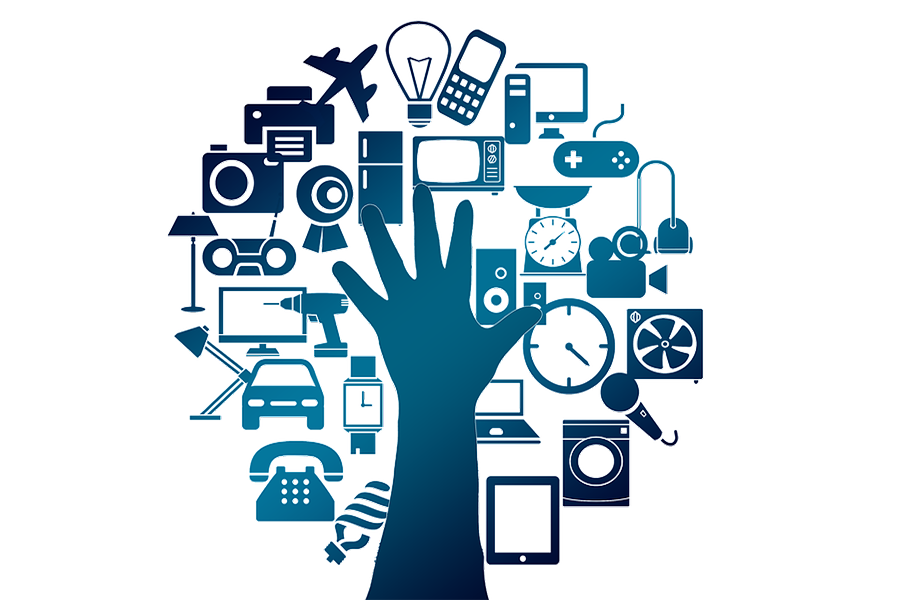The “but I have nothing to hide” argument and an “Open Internet”
Technology has been and will remain a major part of our lives. The Internet has been open to all and will hopefully stay that way.
May 15, 2017
This argument stems from the relatively recent political decision regarding collecting and selling your Internet history for advertising purposes. I believe the problem with the “but I have nothing to hide” argument is, that it even exists … People are basically debating over whether or not it is okay to look through someone’s trash can and find out what they like based off of that then selling them products to profit.
Internet privacy is viewed differently than your everyday life but why should it be? On almost a daily basis you make sure that your doors are locked, that your blinds are closed, and your house is safe from anyone you don’t know right? However, if you are browsing the internet for any reason chances are you have all of your websites set to remember your passwords, you don’t have an adblocker, your cookies aren’t turned off, and you haven’t disabled tracking.
Asking someone what they have to hide on their computer is similar to asking them what they have to hide in their safe. It is confidential, and while there might be illegal content on that computer the same could be said about the safe.
Net neutrality, the belief that everything on the internet has the right to the same speed as its possible connections and that this speed will not be regulated based solely on the Internet Service Provider’s best interest, is also something we must fight for in this country. If you want to connect to Netflix, YouTube, Twitter, and Snapchat with the same speeds that you used to get, expect to pay up.
Basically, these gigantic Telecommunication companies can choose what to throttle your connection to. Imagine the Internet as an open highway with typical traffic, there isn’t much stopping in any particular lane unless there is a wreck; and now imagine that only two lanes are open with high speeds and no wrecks like the way it used to be but came at an extra charge to ride in. The rest of the lanes on the highway would have to accommodate all the traffic of people who don’t submit to additional charges. It is like a toll road in some ways.
Now that we have the basics down, back in February there was a case in which Time Warner Cable was sued over throttling connections to Netflix and League of Legends. Telecommunication companies have too much power already; many consumers are locked into purchasing from only one Internet Service Provider and prices are changed as they deem necessary. Along, with my last statement in the past companies like Comcast have grown absolutely massive by getting laws passed to deter competition.
Ajit Pai, current chairman of the F.C.C., has plans to rollback Net Neutrality. Before their website was hit with a lot of bots posting comments for or against the motion you could comment your opinion on the matter. If you wish to inform yourself about the topic there are multiple sources around the web discussing Net Neutrality such as Savetheinternet, The New York Times, and if you wish to watch videos involving Pai or Net Neutrality there are many videos you could watch instead of reading.





